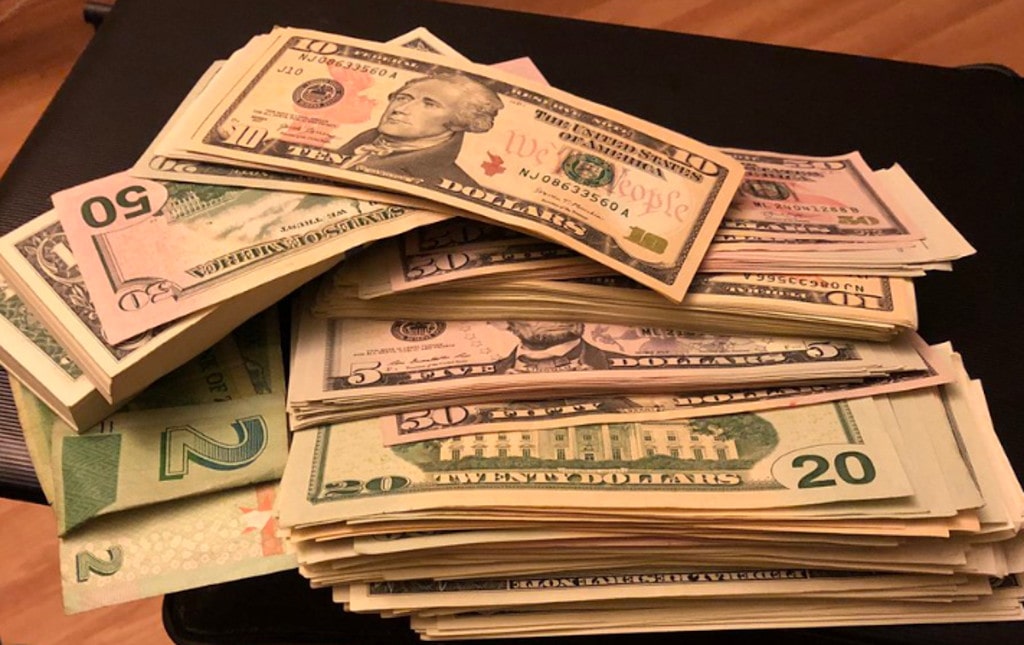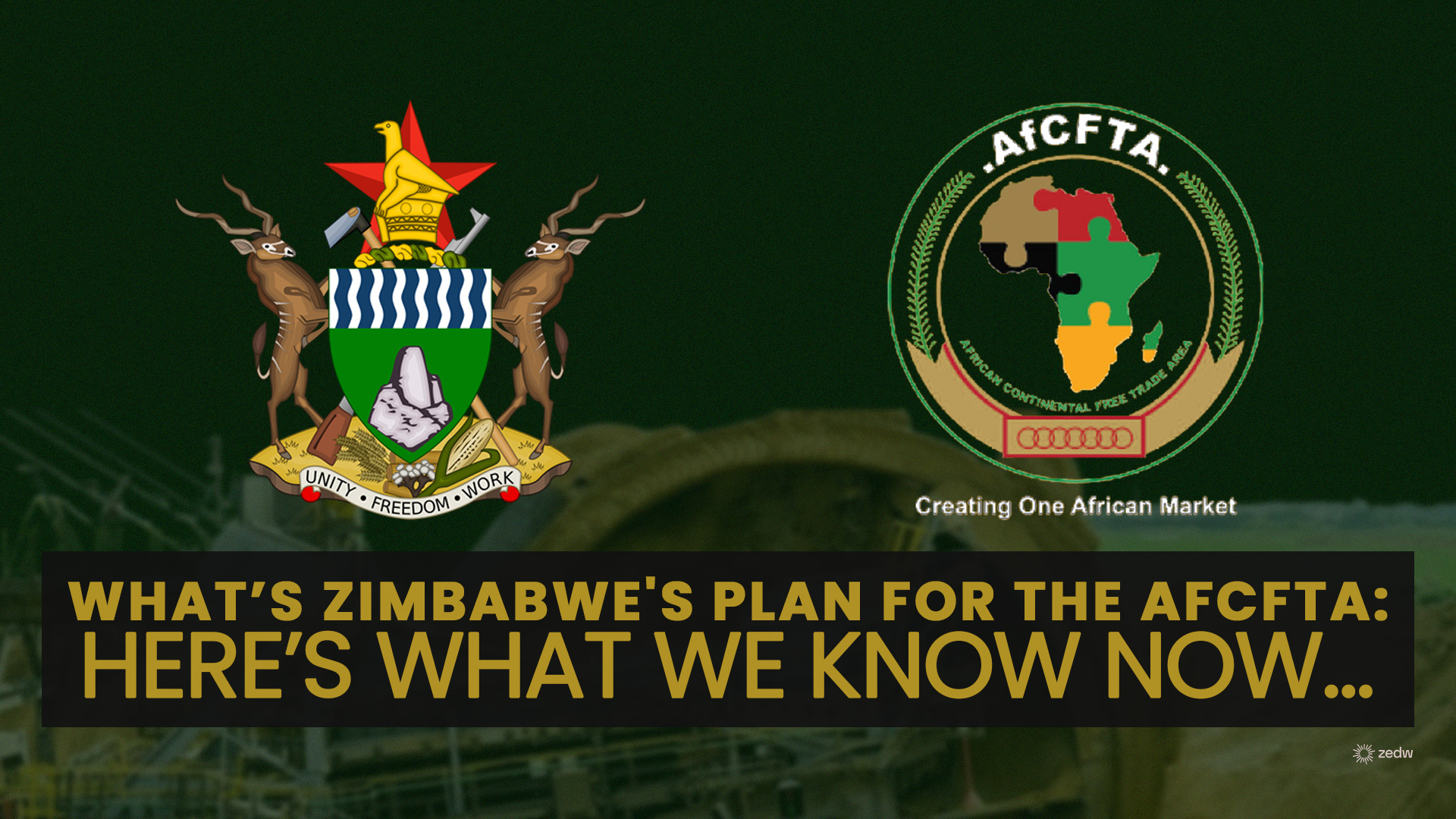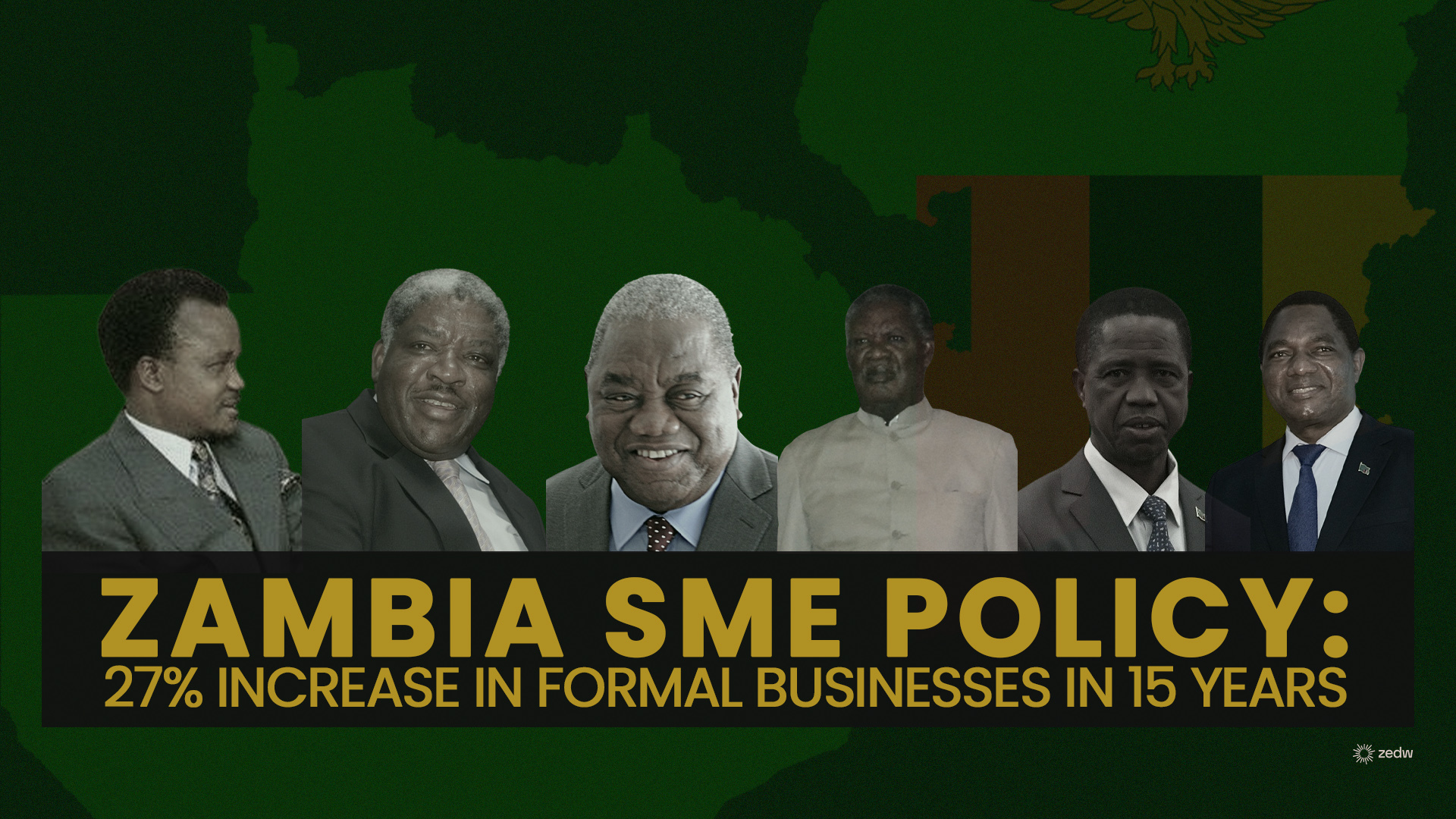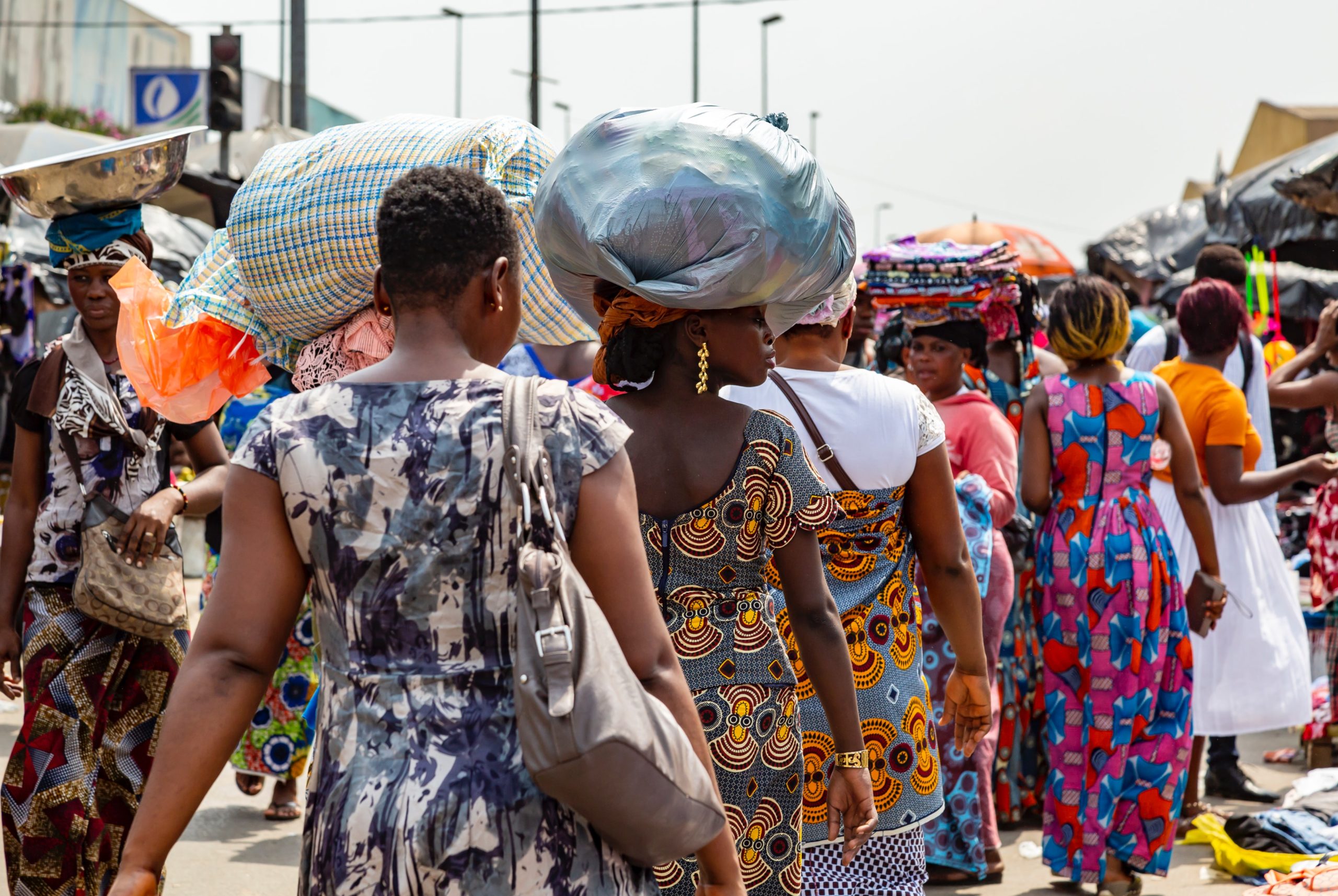In an amendment made by the Zimbabwean Ministry of Finance, the Intermediary Money Transfer Tax (IMTT) on USD transactions has been dropped to 1% from 2% (the tax was instituted at 4%).
“With effect from the 1st June, 2023, section 22G (“Intermediated Money Transfer Tax”) of the Finance Act [Chapter 23:04] is amended by the repeal of paragraph (b) and its substitution by— “(b) zero comma zero one United States dollar or part thereof on every United States dollar transacted for each transaction on which the tax is payable.“
Statutory Instrument 88 of 2023
This new adjustment suggests that there is a 75% drop in the IMTT since it was applied to USD transactions in May 2022. The elephant in the room is the domestic remittance market because the IMTT tax on USD money movement affected operators in the space as the government was getting a sizable chunk and they, the operators, had to figure out how much they were going to be charging their customers.
A Consumer Survey Report from 2022 conducted by the Reserve Bank of Zimbabwe, FinMark Trust (FMT), ZimStat and the Zimbabwean Ministry of Finance seemed to reveal that domestic remittances are on the decline.
“Remittances have dropped over the years from 58% of adults remitting in 2014 to 38% in 2022. The drop has been mainly in the domestic remittances. Those who have remitted mainly used other formal channels such as mobile money and money transferring agencies like Western Union, Mukuru, Hello Paisa, WorldRemit, etc“
Finscope Report 2022
The report went on to say that almost half of the adults have remitted money locally to their loved ones compared to 2014. It added on by alluding to the impact of Covid-19 on livelihoods, and low incomes or non-operation of mobile money agents.
The assumption is that they were counting InnBucks as "mobile money" because it wasn't highlighted in the report as a means to send money domestically as Zimbabweans have really taken to it. Or it might be grouped under "formal (non-bank)".
The one disappointing thing about the Finscope Consumer Survey is that they did not offer any dollar value figures about the decline. Come to think of it, the Reserve Bank of Zimbabwe itself doesn't post domestic remittance figures in its Quarterly and Annual Reports, it's all about remittance inflows from the diaspora.
Therefore, what this survey can serve as in this case is more of an indicator than a smoking gun...
The IMTT IS really a smash'N'grab... but also dissuades the ZIm Public from transacting in formal channels
The one great contestation that we have had with the IMMT or the 2% Tax as its sometimes called, is that it dissuaded people from depositing USD cash in the bank and transacting it electronically.
What this led to was a culture of keeping United States Dollars in cash at home because it was better to hand cash to someone knowing that there are no taxes to pay when goods and services are exchanged for hard currency.
From the Financial Regulators and the Zimbabwe Revenue Authority (ZIMRA), it appeared as though the tax on any transacted amount was good enough because they were atleast getting something from the informal market.
According to the ZIMRA annual Report for 2021, they were 19.66% over their tax collection target of ZWL$387 Billion, registering a final figure at the end of the year at ZWL$463.57 Billion.
The IMTT made up 9.64% of that total figure which translated to ZWL$44.68 Billion. These figures simply put into perspective the size of the market which is not transacting through digital or banking channels to skirt the IMTT because a lot of money (both USD and ZWL) is definitely moving through informal channels.
They, of course, don't account for USD transactions because the IMTT for USD transactions was instituted in 2022. We will know more about the impact of the IMMT Tax on USD transactions when ZIMRA releases its 2022 Annual Report.
Does the govt want to improve domestic remittance volumes?
Without any other indicator to use, it's fair, for the moment, to assume that the reduction of the IMTT was meant to incentivize the movement of money in formal channels, particularly via Remittance Service Providers. If EcoCash's announcement is anything to go by, they are really happy about this move made by the Financial Authorities.
"Dear Customer, the IMT Tax on USD transactions has been reduced from 2% to 1%. Total Send Money Charge is now 2.3%"
EcoCash Holdings Zimbabwe
This means now it will cost, on EcoCash, USD0.23 to send US$10 across their service.
Other operators now have room to tweak the amounts they can now charge customers because there is now more wiggle room to try and out-match each other.
An immediate outlier as far as we can tell out of the bunch seems to be InnBucks which had set its send amount for sums of US$5 and below to 1% while others had a starting threshold of US$10.
Those "fractional amounts" are where the money is because it can attract a large volume of transactions. And for the Regulators, that's capturing more tax revenue from money that was circulating in the informal market.
Whether they will actually do this or just all charge the same is something we will have to wait and see... Zimbabwean businesses tend to have a "where will you go? We are all charging the same" attitude when regulatory changes are made that affect the entire market.








